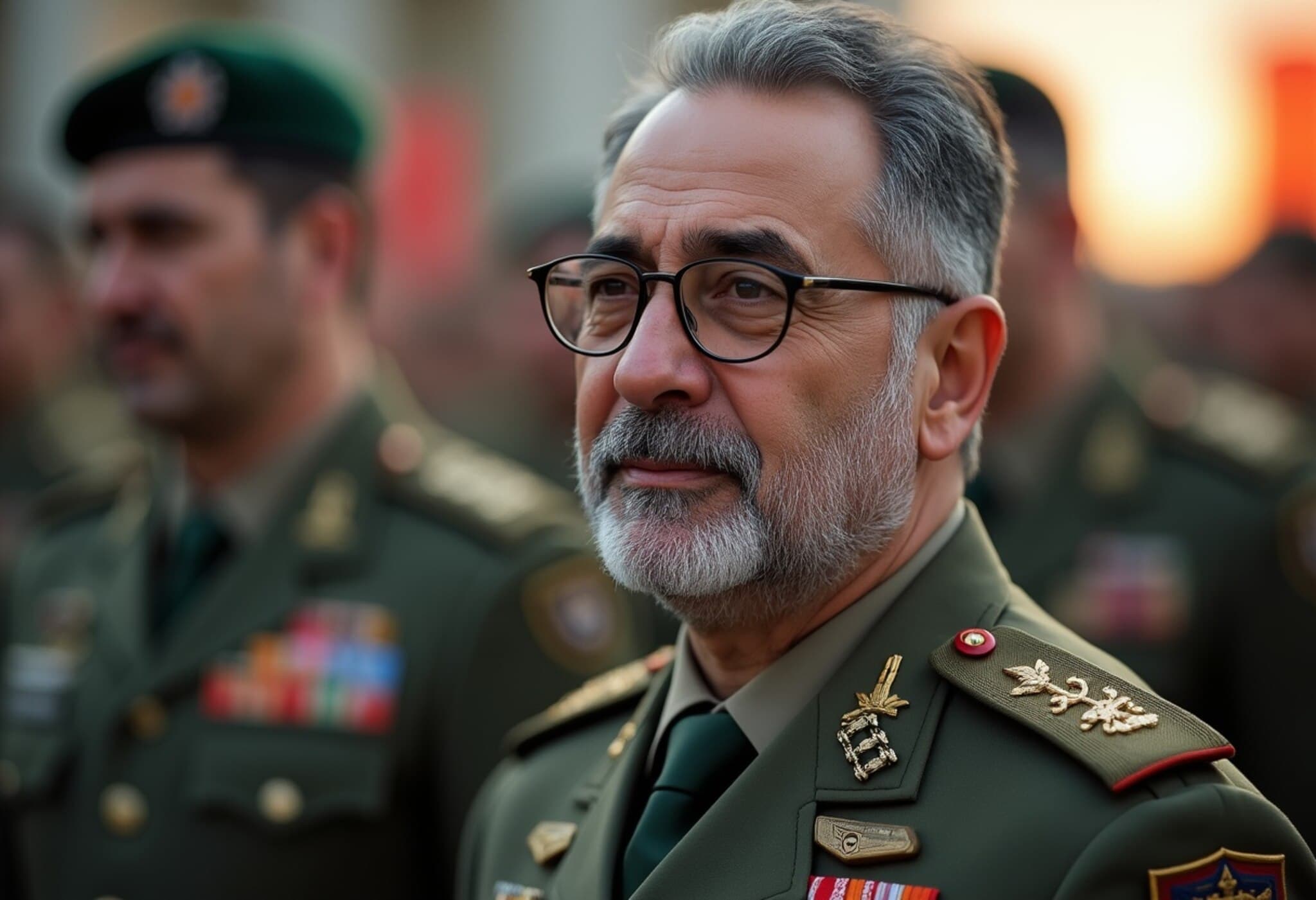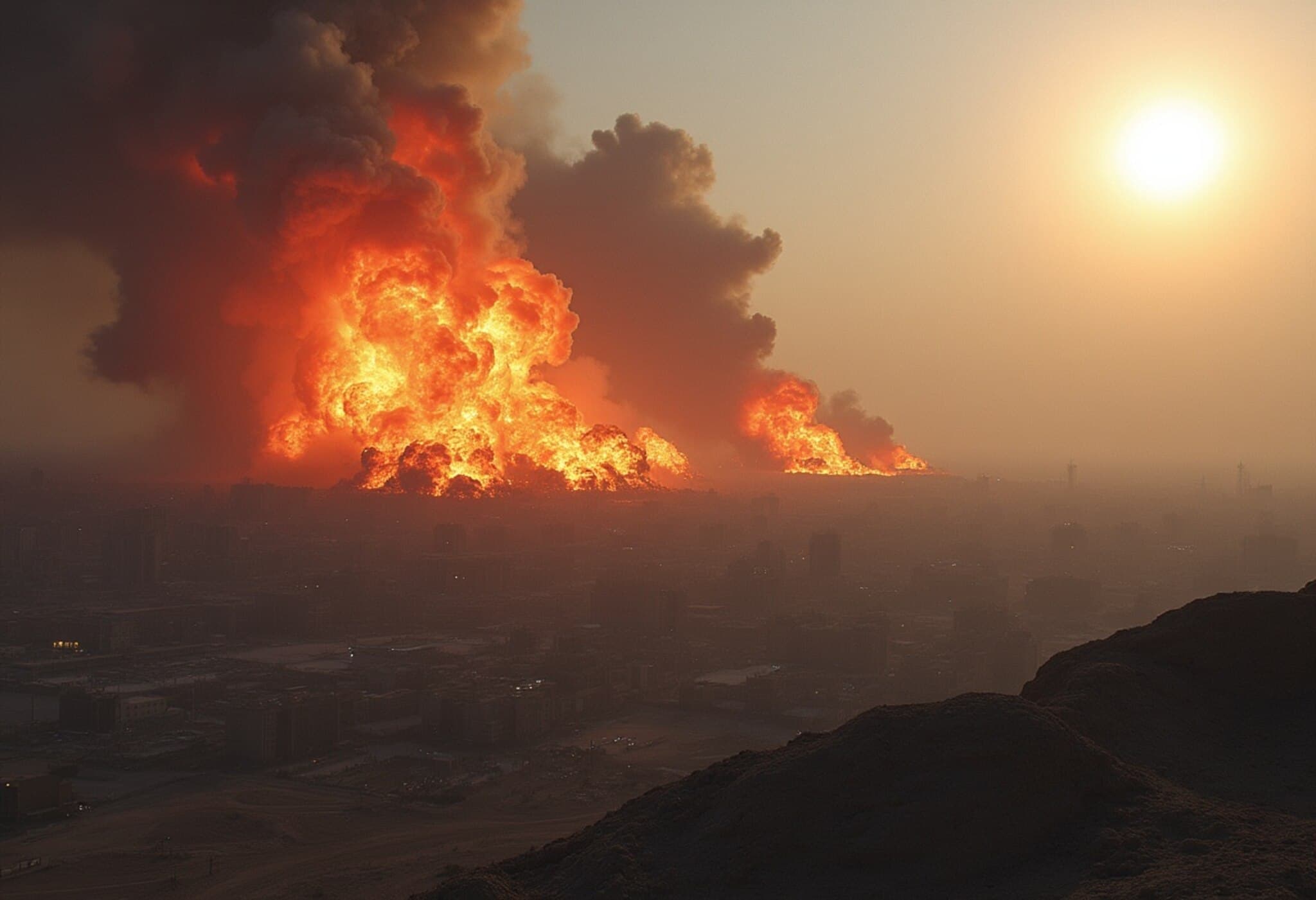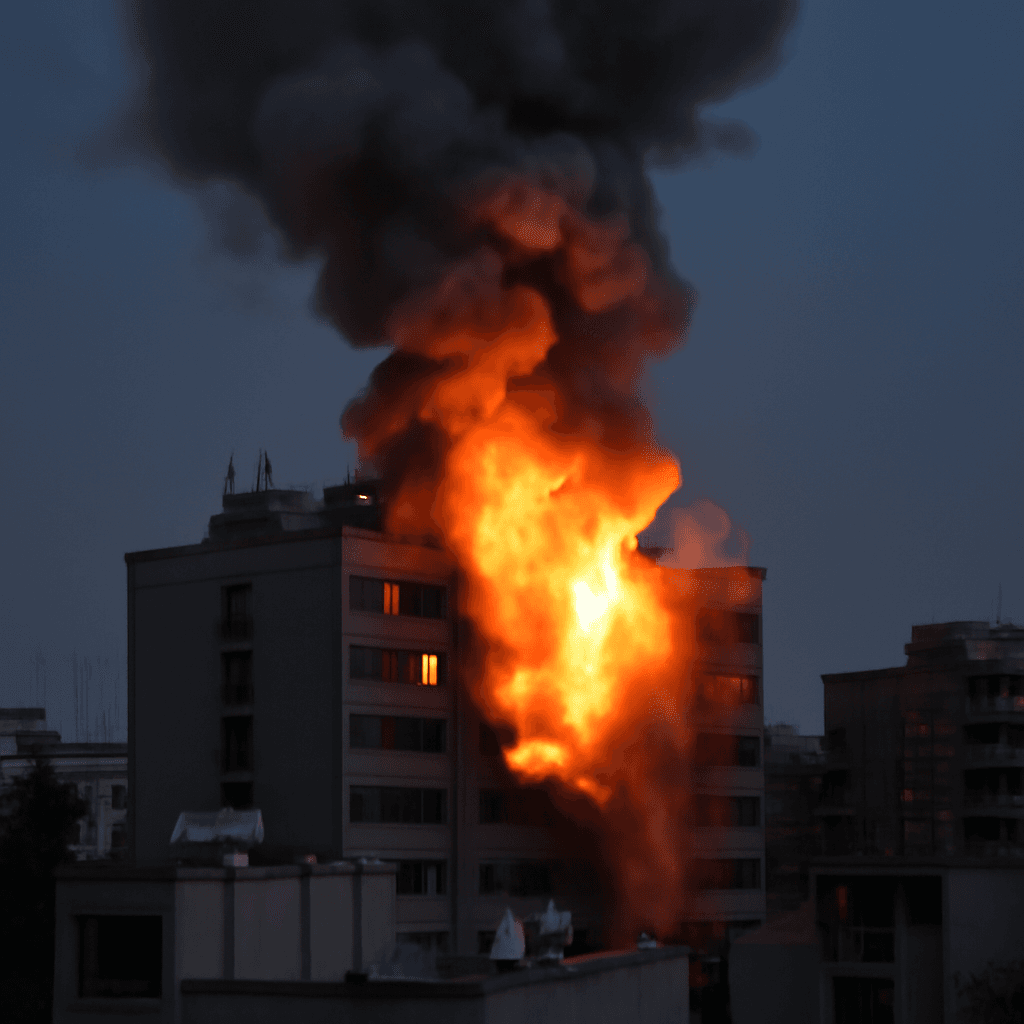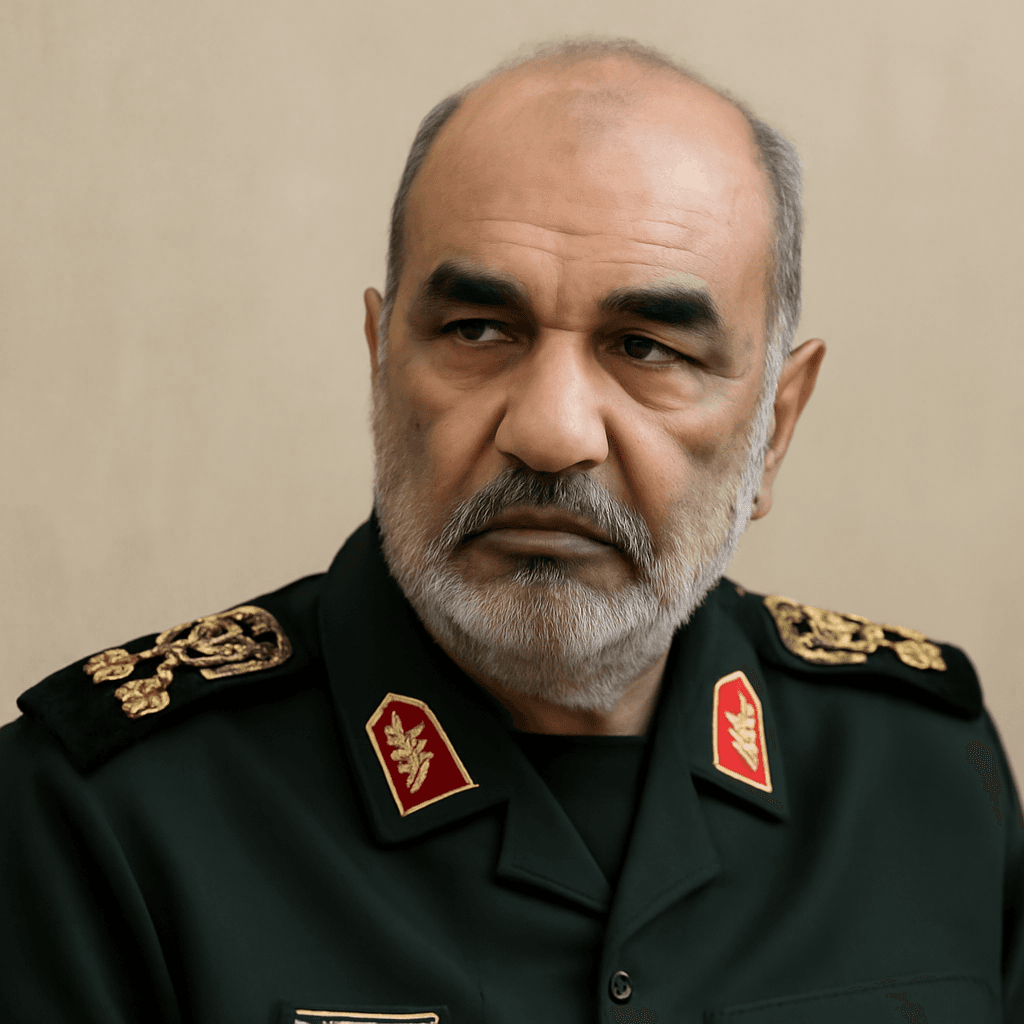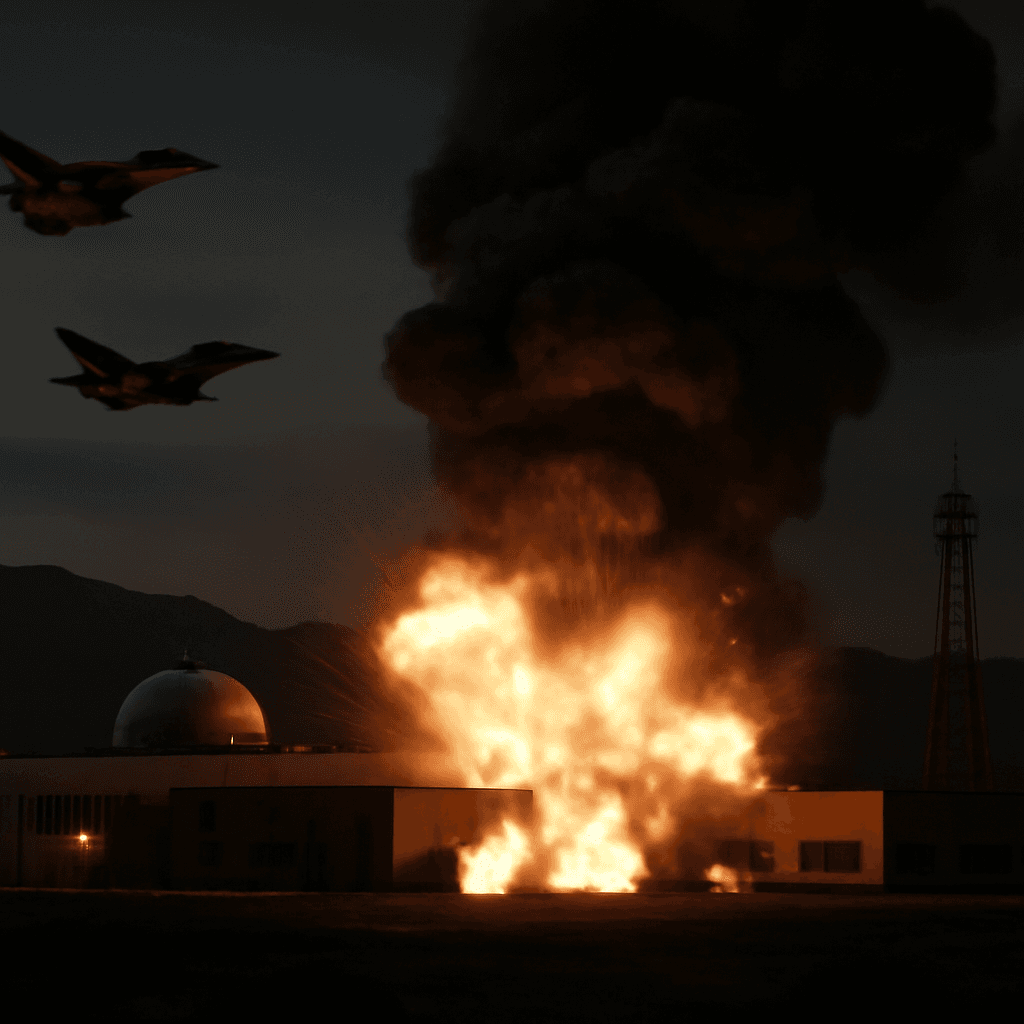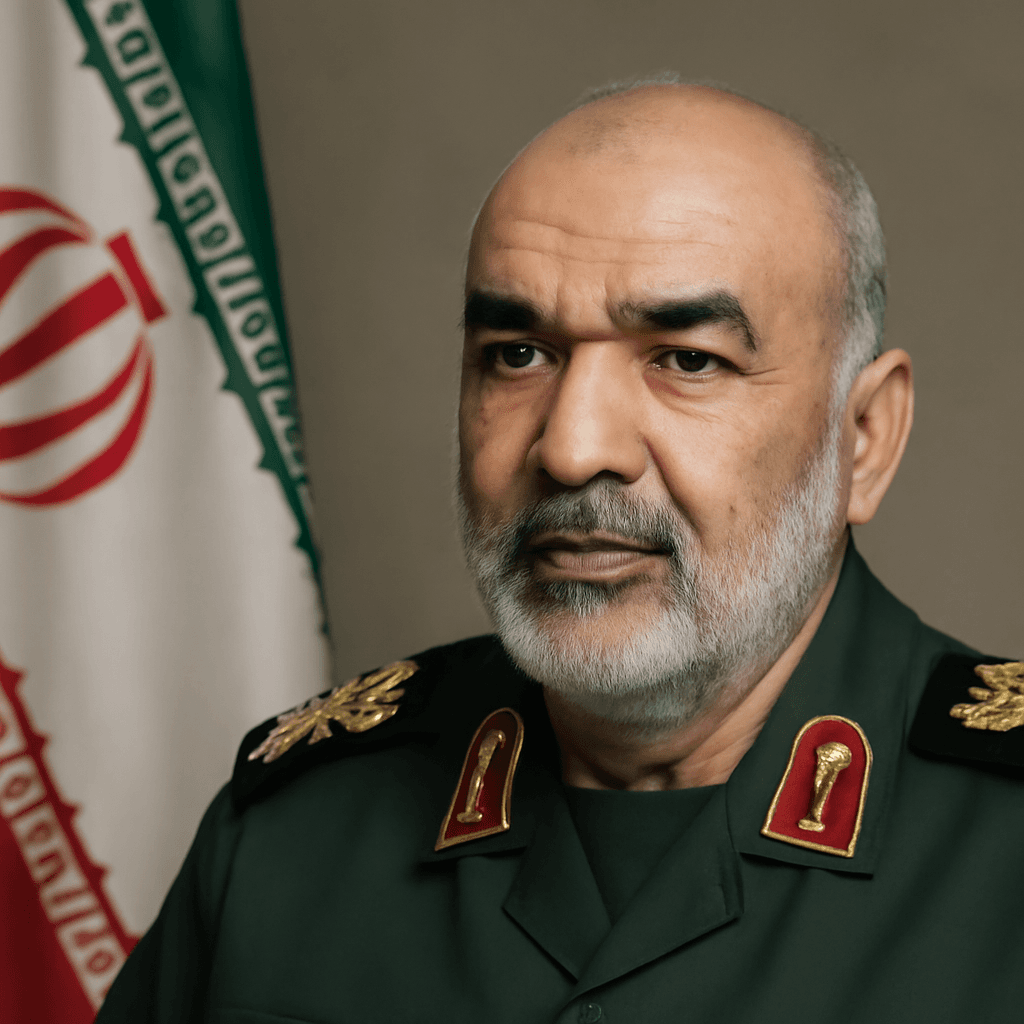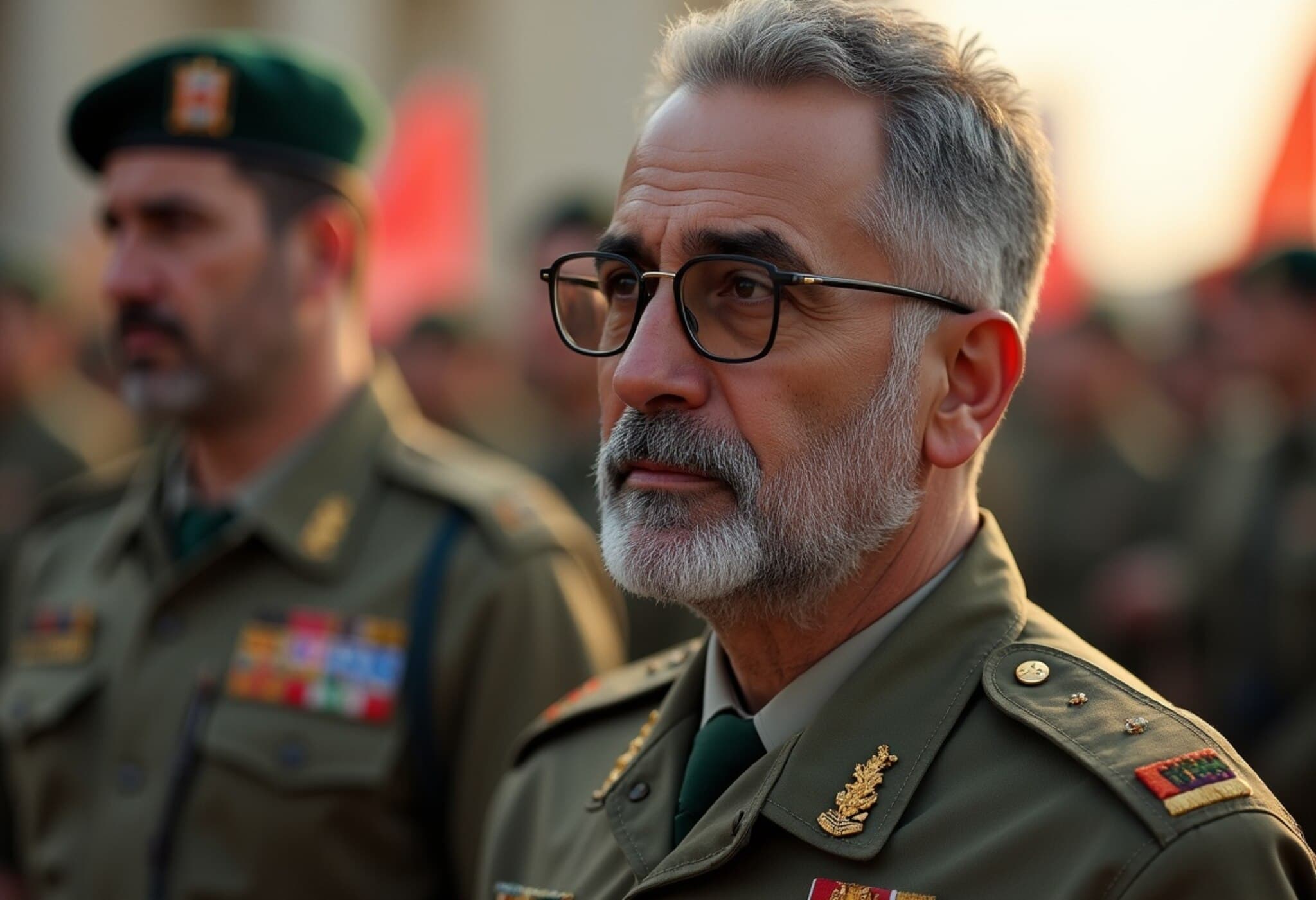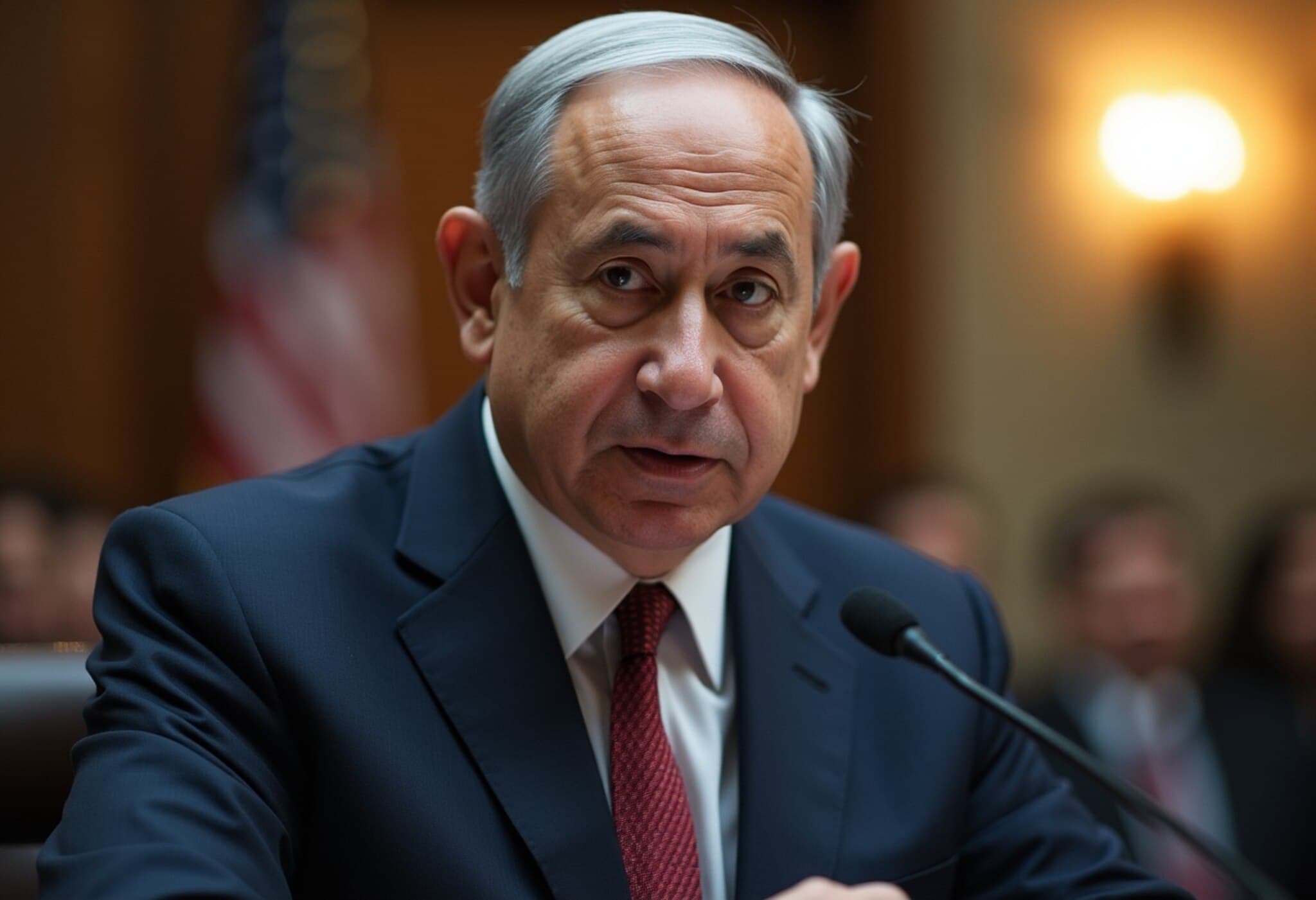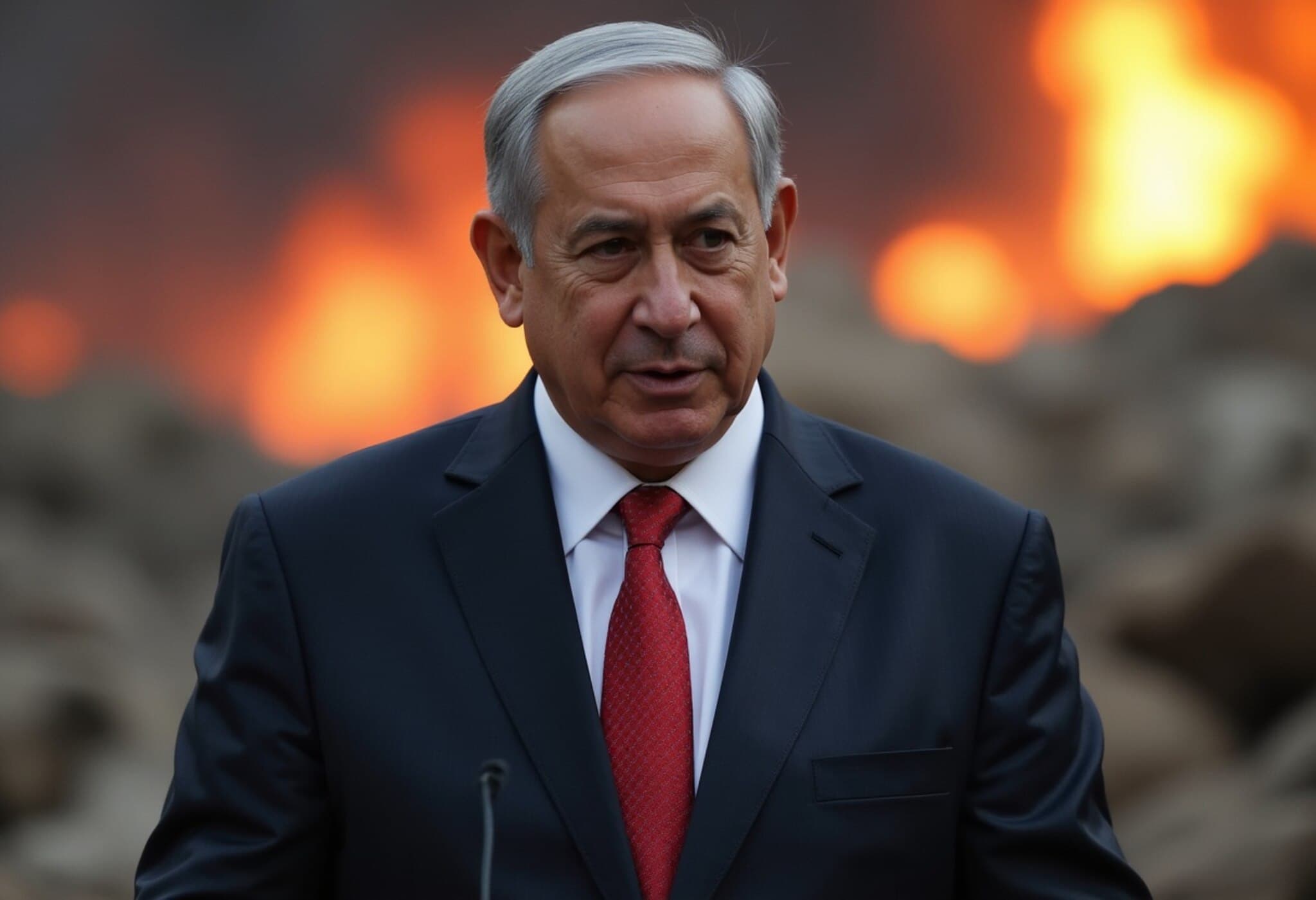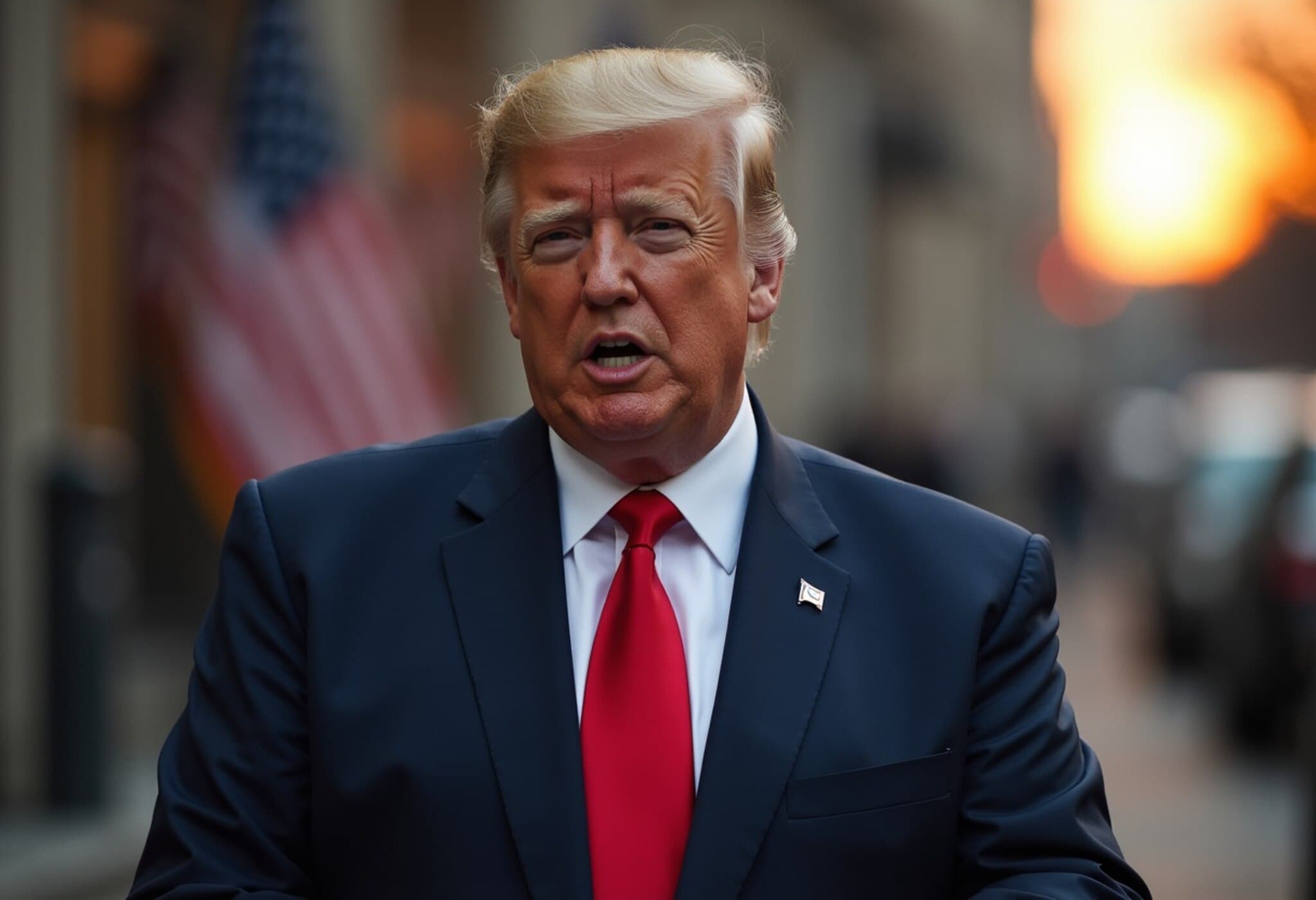Hossein Salami: Iran's Revolutionary Guard Chief and Nuclear Program Architect
Born in 1960 in Golpayegan, Isfahan Province, Hossein Salami has emerged as one of Iran's most influential military figures. Joining the Islamic Revolutionary Guard Corps (IRGC) at the outset of the Iran-Iraq War in 1980, Salami's military career spans over four decades marked by rapid ascension and strategic command.
From Battlefield to High Command
Salami's early days were defined by frontline leadership, commanding elite units such as the Karbala and 14th Imam Hussein divisions. He later oversaw the naval Nouh headquarters, consolidating his stature within Iran's military ranks. After the Iran-Iraq conflict, he enhanced his expertise by earning a master's degree in defense management from the staff college of the Islamic Republic of Iran Army.
Between 1997 and 2005, Salami served as the head of operations at the IRGC Joint Staff, shaping Iran’s military strategies during a volatile period in the region.
A Central Figure in Iran's Nuclear and Ballistic Ambitions
Salami’s role expanded beyond traditional military leadership into the contentious realm of Iran's nuclear and missile programs. His involvement led to international consequences: the United Nations Security Council imposed sanctions against him in December 2006 for his pivotal role in advancing Iran’s ballistic missile capabilities. The United States followed with their own sanctions in 2007, and in 2021, the European Union added him to their sanctions list in connection with Iran's crackdown on domestic protests.
Commander-in-Chief of the IRGC
On April 21, 2019, in a significant promotion, Iran’s Supreme Leader appointed Salami as major general and commander-in-chief of the IRGC. Under his leadership, the IRGC has maintained its critical role within Iran’s military and political landscape.
Confrontations and Controversies
Salami is known for his unwavering stance against the United States and Israel. In response to Israeli airstrikes targeting Iranian positions in Syria in 2019, he declared Iran’s intention to eliminate what he called the “Zionist regime” from the region’s political map.
In September 2023, French prosecutors filed criminal complaints against Salami, the IRGC Quds Force commander, and Iran’s Intelligence Minister, accusing them of death threats and justifying terrorism amid widespread Iranian protests triggered by the death of Mahsa Amini in custody.
Escalating Tensions with Israel
Since April 2024, Iran and Israel have engaged in direct military confrontations. Following an Israeli airstrike on an Iranian consulate in Damascus that killed seven IRGC commanders, Iran launched a historic retaliatory assault involving more than 300 drones and rockets targeting Israel. Although nearly all of these were intercepted, the attacks marked a new and intense chapter in the regional conflict. Salami declared this escalation as the onset of a paradigm shift in Middle Eastern geopolitics.
The Legacy of Hossein Salami
Hossein Salami’s influence extends far beyond the battlefield. As a leading figure within the IRGC and Iran's nuclear program, his decisions and rhetoric continue to shape the geopolitical dynamics of the Middle East. Despite international opposition and sanctions, his role remains central to Iran's pursuit of military and strategic autonomy.

